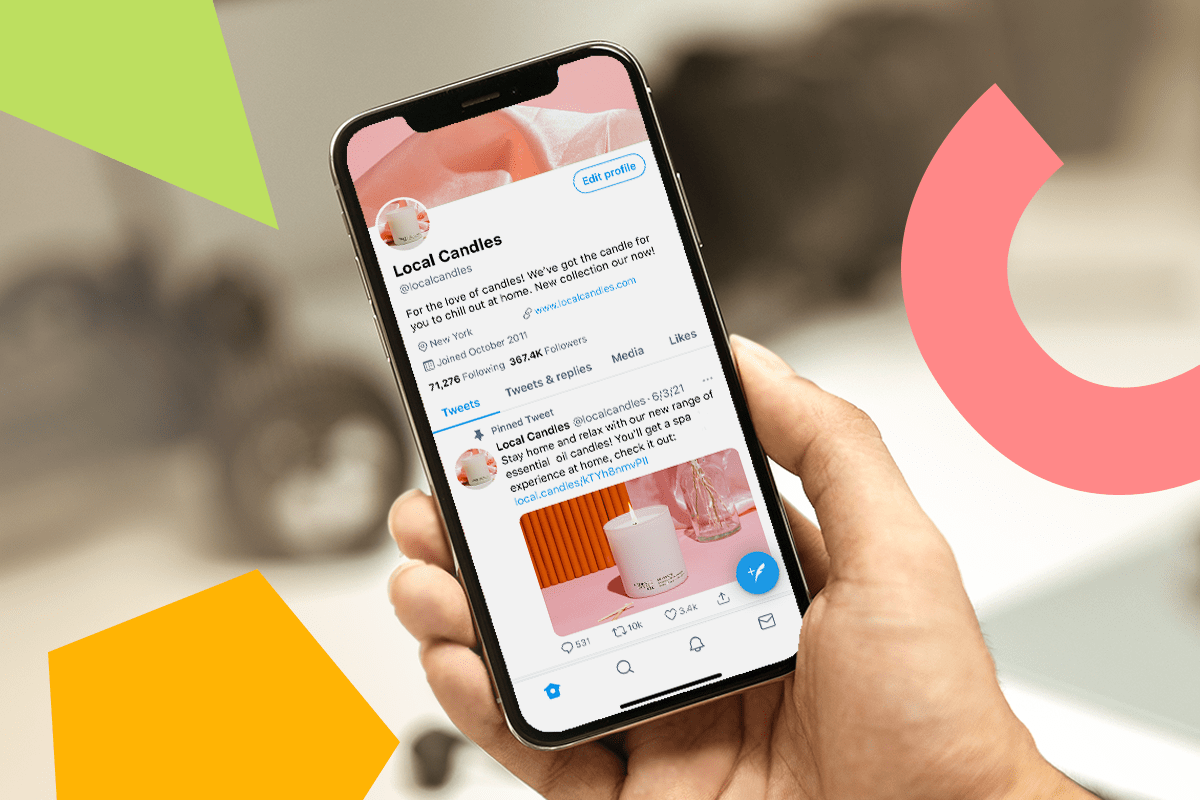Google’s results page was an ode to web links. It was the ultimate expression of that basic information unit that was the Internet cement. Now that cement is getting rid before our eyes, and it has an AI that is transforming everything, including the famous search engine. That is bringing many consequences.
The funny thing is that Google has been with contradictory speeches that on the one hand they seem to make it clear that everything is going well and that on the other they point to a potential problem.
Where I said, I say Diego
Liz Reid, the head of the Google search engine, published an article in early August in Google’s official blog. According to her, the click volume generated from the search engine had remained “relatively stable” Regarding the same period last year. In May Nick Fox, another Google manager, explained in the Podcast AI Inside that “from our point of view, the web is thriving.”

The same then stated Pichai, CEO of Google, who in an interview in Decoder indicated that the search engine “is definitely sending traffic to a wide variety of sources and editorial groups.” John Mueller, another of the company’s managers, stressed that the clicks that generated the summaries of Google’s “AI Overviews” were “of higher quality” despite the fact that the studies confirmed that the average traffic on websites had fallen about 35%.
However, recently obtained documents thanks to the US antitrust trial against Google have revealed another reality. In them the company admitted that “The open web is rapid decline“.
That first statement against Google’s traditional speech that “everything is going well” with the web was seen these days accompanied by another equally worrying. The Penske Media editorial group – magazine editor like Rolling Stone or Variety – has sued Google precisely for using AI summaries on the results page.
Those summaries collect – they rob, some say – information from various media and then present it to users directly as the answer to their question. And in doing so, they allege in demand, users They do not see the need to go to the original source. The creator of the content, therefore, runs out of traffic and unable to monetize it, especially through advertising.
In The Wall Street Journal they cited the words of José Castañeda, spokesman for Google, who responded to the demand stating that «with AI Overviews, users find the most useful search and use it more, which creates new opportunities to discover content. Every day, Google sends billions of clicks to websites from the entire network, and ai overViews send traffic to a greater diversity of sites. We will defend ourselves against these unfounded accusations. “

However, Markham Erickson, one of Google’s managers in legal material, explained that what is happening is that people are changing their way of looking for information:
“The 10 blue bonds serve the ecosystem very well, and it was a simple value proposal (…). We are not going to leave that model. We believe that model has its usefulness. It remains an important part of the ecosystem.
But user preferences and what they want are also changing. So, instead of answers based on facts and 10 blue links, They want more and more contextual responses and summaries. We want to be able to offer that too, while leading people to valuable content on the Internet. ”
Online media, in danger
A study by Press Gazette has revealed the evolution of web traffic that the 50 main media between August 2024 and August 2025 have had. Of all those media, Only five managed to grow in traffic From one year to another. The rest has fallen, and in some cases extraordinary:


Source: Sherwood News graph with ados by Press Gazette.
In that worrying classification you can see how even media such as The New York Times have lost 7%of its traffic, but the thing is much worse for CNN (38%less), The Washington Post (40%), use today (34%) or Forbes (50%).
The falls, coming from a statistical analysis of Similar Web, are terrible and show a clear reality: that the traffic that Google previously came thanks to the links is being lost.
And it is being lost because of the simple reason that the Google search engine is displacing the links to the background. The traditional results page is no longer full of links, and instead The first thing that one usually see is a summary generated by AI in which Google collects information and then condensate it and give it chew to the user.
Of the search engine that gives you links to which he talks with you
Things seem clear to Google, which first offered the AI overviews generated with AI and that is gradually expanding the deployment of AI Mode, its “search engine in conversational mode” that is basically a perplexity or a chatgpt search.


Logan Kilpatrick, head of Google Ai Studio and Gemini’s API, indicated how the new AI Mode already has a new URL (Google.com/ai), although said conversational search engine does not work at the moment in all regions. In Spain it is not available, for example, but the simple use of a VPN allows you to use it without problems.
A use user of X called Burkov replied saying that this mode should be the default search engine, to which Kilpatrick replied with a simple “soon :)”. Two days later, yes, he clarified that answer pointing out that “he was not saying that Ai Mode will replace the main search engine.” Another Google manager also wanted to clarify that Kilpatrick’s response meant that he would soon be available to those who wanted to use it.
As explained in Search Engine Land, that AI Mode becomes the Google default search engine implies great changes in the way the contents were located. Before SEO allowed trying to position these contents, but now we will be at the expense of an AI system that will try to give all the answers without having to visit the sources of such information. “SEO will not die, but you will become irrelevant“They said in this analysis.
The impact is therefore uncertain, but it is already being noticed in all kinds of means and creators of content, which are seeing as the traffic that previously came from Google – a very important source – it looks drastically.
Here Google’s own business can be very affected as well. If content creators have less traffic, they will also show less advertising. How do you solvet that Google? The company seems to be preparing to Place ads within the AI summaries “For example, with recommendations of affiliated products.
That mitigates the problem, but we will see how that affects content creators. At the moment the news is not flattering.
Imagen | The sun feyissa











